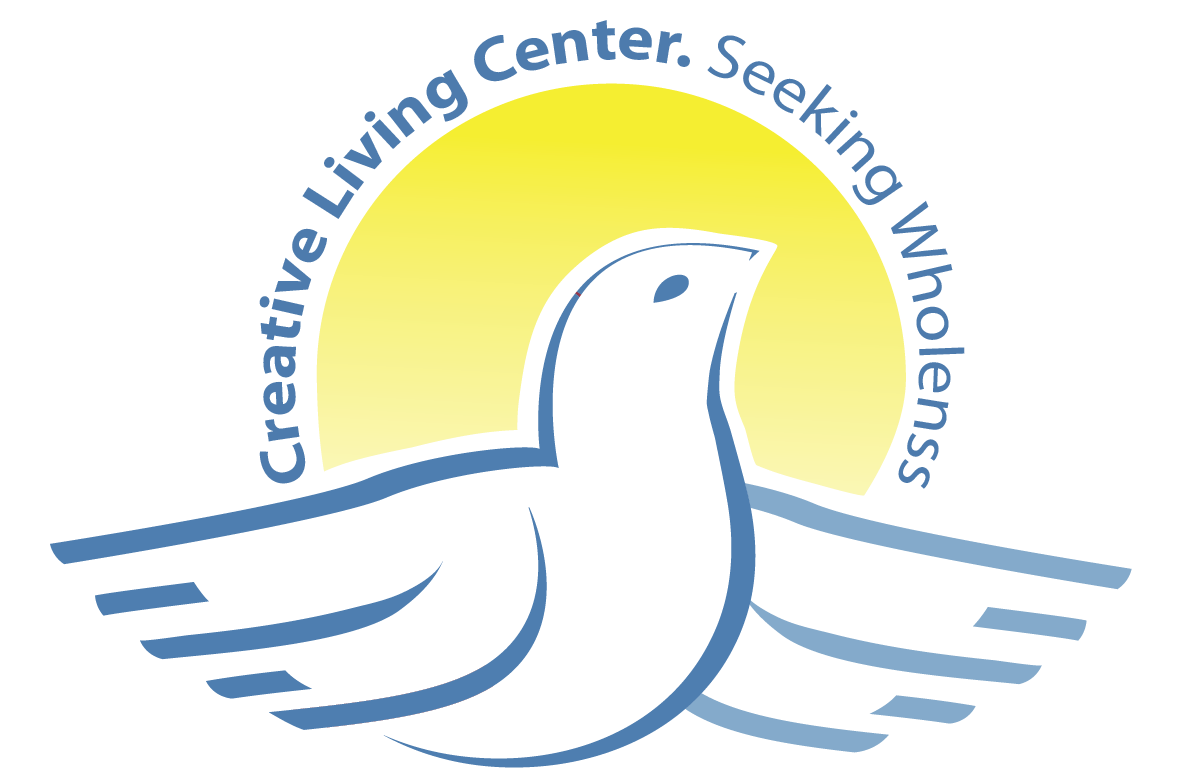Post-Traumatic Stress Disorder & Trauma Services
When an event makes you feel helpless or hopeless, it can seem to haunt you from your past. Creative Living Center can help you if you are concerned about Post-Traumatic Stress Disorder symptoms you may see in yourself or a loved one. We can also help & support you if you have recently encountered or are going through a traumatic experience.
Overarching Symptoms of PTSD:
- Re-experiencing the traumatic event
- Avoiding reminders of the trauma
- Increased anxiety and emotional arousal
Specific symptoms of PTSD:
- Flashbacks (feeling like the event is happening again) as well as upsetting memories of the event or Nightmares of either of the event or of unrelated frightening things
- Feelings of intense distress when reminded of the trauma
- Intense physical reactions to reminders of the event such as a pounding heart, fast breathing, nausea, muscle tension or sweating. Avoiding activities, places, thoughts, or feelings that remind you of the trauma
- Loss of memory about important aspects of the event
- Hypervigilance, feeling jumpy and easily startled
- Loss of interest in activities and life in general
- Feeling detached from society and emotionally numb
- Sense of a limited ambitions for the future after the event
- Difficulty falling or staying asleep
- Irritability or outbursts of anger and/or difficulty concentrating
- Avoiding activities, places, thoughts, or feelings that remind you of the trauma
Traumatic events that can lead to PTSD include:
• War
• Natural disasters
• Car or plane crashes
• Terrorist attacks
• Sudden death of a loved one
• Rape
• Kidnapping
• Assault
• Sexual or physical abuse
• Childhood neglect
• Natural disasters
• Car or plane crashes
• Terrorist attacks
• Sudden death of a loved one
• Rape
• Kidnapping
• Assault
• Sexual or physical abuse
• Childhood neglect
- PTSD can affect those who personally experience the event, those who witness it, and those deal with the aftereffects of the event, including emergency workers and law enforcement officers. PTSD can also occur in the friends or family members of those who went through the actual trauma (though not as likely)
- PTSD develops differently per person. While the symptoms of most commonly develop in the hours or days following the event, for some people it can sometimes take weeks, months, or even years before they appear
- Those with PTSD may feel worse as symptoms continue to evade their normal day to day living at the same level
- PTSD is a state psychological shock in which memory and feelings about the event are often disconnected. Memories and emotions must be faced for progress to occur

